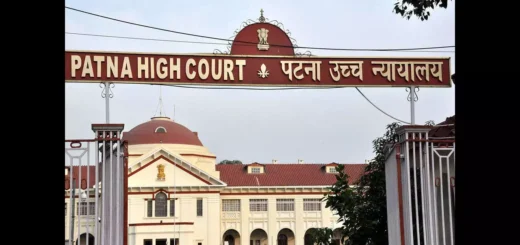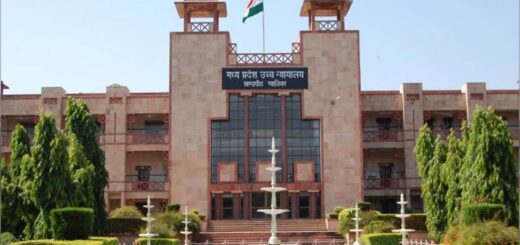Supreme Court Clears Man of Murder Charges; Emphasizes ‘Sukhram’ Ruling on Conviction for Shared Intent.

The Supreme Court cleared a man of murder charges, reinforcing principles from the case of Sukhram vs. State of M.P. [1989 Supp (1) SCC 214]. Justices BV Nagarathna and Nongeikapam Kotiswar Singh stated that the man’s conviction under Section 302 with Section 34 could not stand since all his co-accused were acquitted. They ordered his release after he met some minor conditions. The Court explained that if the main charge under Section 302 with Section 34 could not be upheld against the co-accused, it also could not be upheld against the appellant alone. The offence was not specifically linked to him without considering the other accused. The High Court overlooked this important detail, and the State did not appeal the acquittal of the other accused.
The Court also mentioned that while the appellant had struck the victim, she could not identify which accused held which weapon. Thus, there was no solid evidence showing any direct action by the appellant. The Court concluded that there was not enough independent evidence to convict Tandi under Section 302 when his co-accused were found not guilty of the same crime.
The Bench stated that the High Court was incorrect in dismissing the appellant’s appeal and convicting him under Section 302 in conjunction with Section 34 of the IPC. As a result, the appellant is acquitted of these charges. This case originates from an event on March 7, 2015, in Raipur, Chhattisgarh, where Tandi and three others—Rajesh Kshatri, Kundan Kumar Sharma, and Trinath Baghel—reportedly attacked Tarachand Nayak with a sword and a wooden stick due to a previous dispute, leading to fatal injuries. Tarachand’s wife, Pinky Nayak, who tried to help, was allegedly slapped by Tandi. An FIR was filed at the Saraswati Nagar Police Station, resulting in the arrest of all four suspects.
The Fourth Additional Sessions Judge in Raipur conducted the trial, convicting all four under Sections 302 and 34 of the IPC and sentencing them to life imprisonment. Tandi also received a three-month rigorous imprisonment sentence under Section 323 IPC, while Kundan Kumar Sharma faced additional charges under Sections 25 and 27 of the Arms Act. On December 5, 2023, the High Court upheld Tandi’s conviction but acquitted the other three due to lack of evidence against them. Unhappy with this outcome, Tandi appealed to the Apex Court, contesting his conviction under Section 302 with Section 34 IPC without the presence of his co-accused.
Abhijeet Shrivastava, representing Tandi, argued that his conviction under Section 302 with Section 34 IPC was not valid since the other accused were acquitted of the same charges. He referenced the Supreme Court ruling in Sukhram v. State of M.P. (1989), stating that a conviction based on common intention under Section 34 IPC cannot be upheld if all co-accused are acquitted of the same crime.
During the hearing, AAG Avdhesh Kumar Singh represented the State. The Court examined the evidence and pointed out weaknesses in the prosecution’s case. Eyewitness accounts did not clearly connect Tandi to any harmful act against the deceased, nor did they identify which accused used specific weapons. Due to the lack of clear individual responsibility and no separate murder charge against Tandi, the Court deemed it legally inappropriate to maintain his conviction under Section 302 in conjunction with 34 IPC.
Regarding the conviction under Section 323 IPC, the Sessions Court had imposed a three-month rigorous imprisonment along with a fine of Rs.500/-. It was mentioned that the appellant has already served nine and a half years in prison. If the fine of Rs.500/- is paid, the appellant will be released. If the fine is unpaid, it must be settled before the appellant’s release. The appeal is granted and concluded as stated.
Cause Title: Rajesh Tandi v. The State of Chattisgarh [Special Leave to Appeal (Crl.) No(s). 7609/2024]









